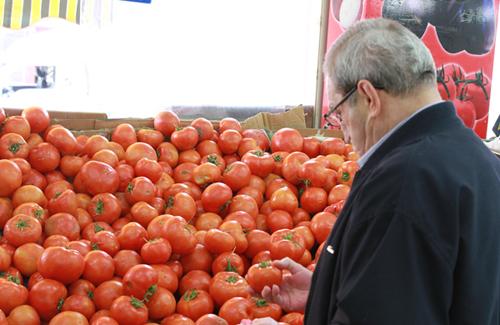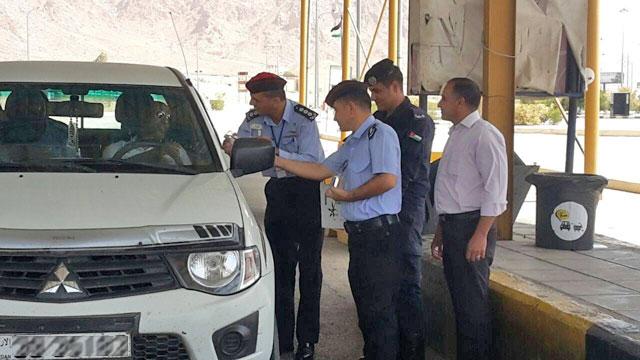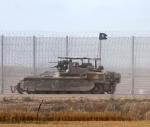You are here
Heatwave takes toll on crop yield
By Mays Ibrahim Mustafa - Sep 04,2022 - Last updated at Sep 04,2022

A farmer is seen working on a farm in Mafraq in this recent photo (Photo courtesy of Hashim Abu Sido)
AMMAN — The heatwave which has affected the Kingdom for the last 10 days is causing a sharp decline in Jordanian farms’ crop yield, according to sector representatives and local farmers.
“The rise in temperatures is 12 to 15°C higher than usual. Therefore, a significant impact on this season’s crop yield is expected,” General Manager of the Jordanian Farmers Union (JFU) Mahmoud Oran told The Jordan Times.
The heatwave, which has been accompanied by a lack of water used for irrigation, will also affect production quantities during upcoming seasons, as it poses risks impacting the development and growth of plants, he added.
On August 31, the fifth day of the heatwave, only 280 tonnes of tomatoes entered the central vegetable market, marking roughly a 50 per cent decrease, Odeh continued.
He also called for “activating the role of scientific research in order to produce improved varieties and breeds capable of adapting to climate change”.
President of JFU Odeh Rawashdeh noted that the agricultural sector is highly vulnerable to the impacts of climate change.
“This unprecedented rise in temperatures is putting the sector at risk, damaging crops and causing a notable hike in prices,” he told The Jordan Times.
The heatwave has also caused a delay in the planting and subsequently, in the harvest season of some crops, according to Rawashdeh.
“Farmers in southern Jordan Valley have decided to plant tomatoes at the end of September instead of August because they don’t want to risk losing their yield,” he said.
Rawashdeh added that the agricultural sector is being confronted with a fast surge in production costs, including fertilisers, feed, water, energy, labour and seeds.
“I urge the government to stand by farmers in this ordeal to help them recover from the negative impact and cope with climate change,” he continued.
Hisham Abu Sido, a farmer in the Jordan Valley and Mafraq, noted that the heat has caused fruits to die on the vine, decreasing his yield by over 50 per cent.
“Apricot trees on my farm usually yield 250 tonnes of fruit. This season, the produce was less than 70 tonnes,” he told The Jordan Times, noting that the frost wave which hit farms in March 2021 damaged a large percentage of the fruits’ flower buds.
The lack of water for irrigation is making it more difficult to deal with this situation, as available water barely covers 25 per cent of farmers needs during days of typical weather, Abu Sido added.
Ayman Abu Kushk, a farmer in Karak, said that more than 50 per cent of his bell pepper produce was damaged.
“Due to low supply and high demand, we expect prices to increase drastically within the next 10 days. One kilo of bell pepper used to cost roughly 15 piasters. It’s currently sold for 30 to 35 piasters,” he told The Jordan Times.
The heatwave is also affecting the size and numbers of olive fruits, which means that this year’s olive oil production is likely to drop, according to Abu Kushk.
Related Articles
AMMAN — Farmers are welcoming the late arrival of rain which has affected most regions across the Kingdom, during the past few days. Pr
AMMAN — Shoppers are complaining about the prices of fruit and vegetables, as the price of tomatoes reached JD0.89 a kilogramme on Monday.&n
AMMAN — Temperatures on Wednesday will drop back to their annual average for this time of the year as the impact of a four-day heatwave tape

















